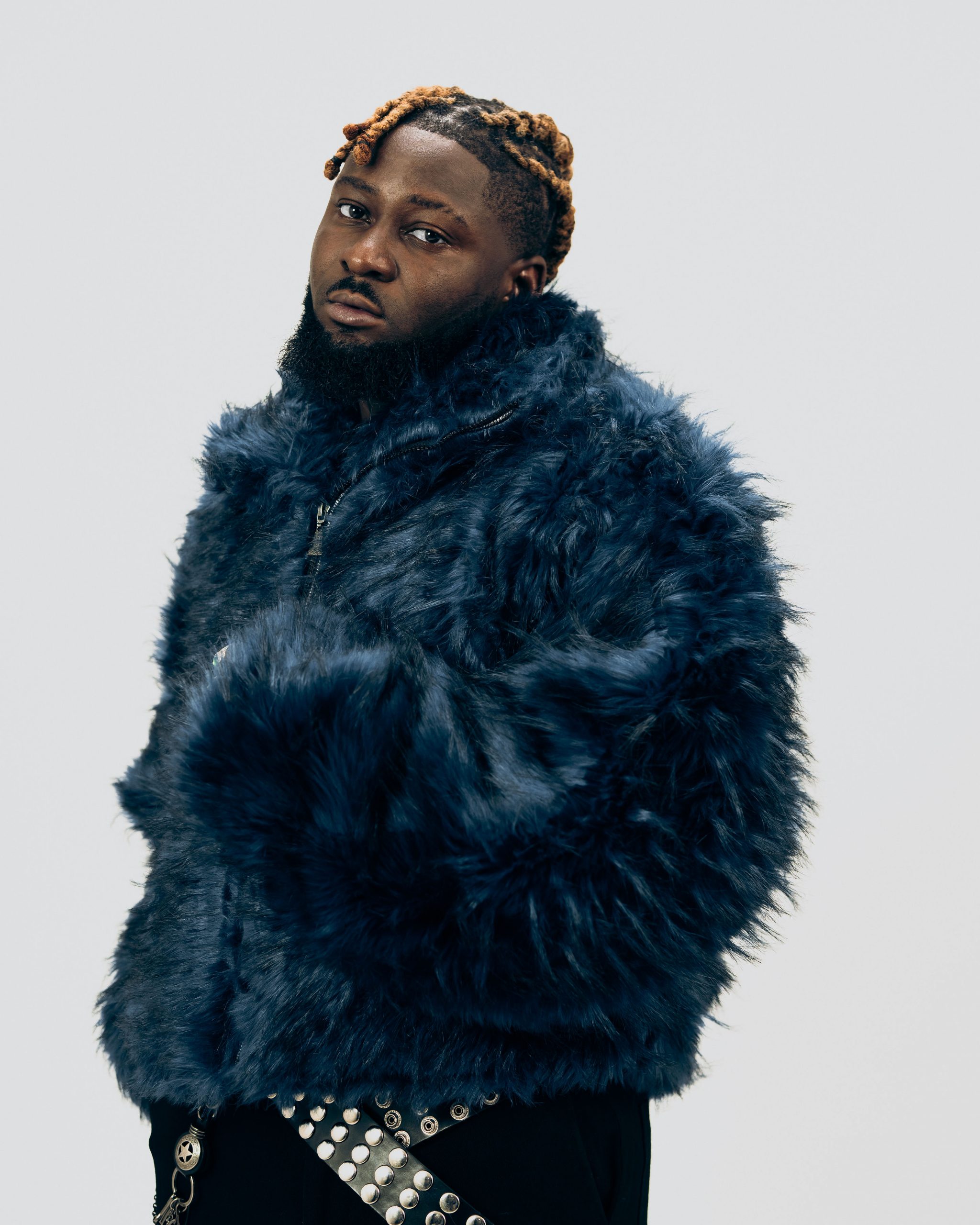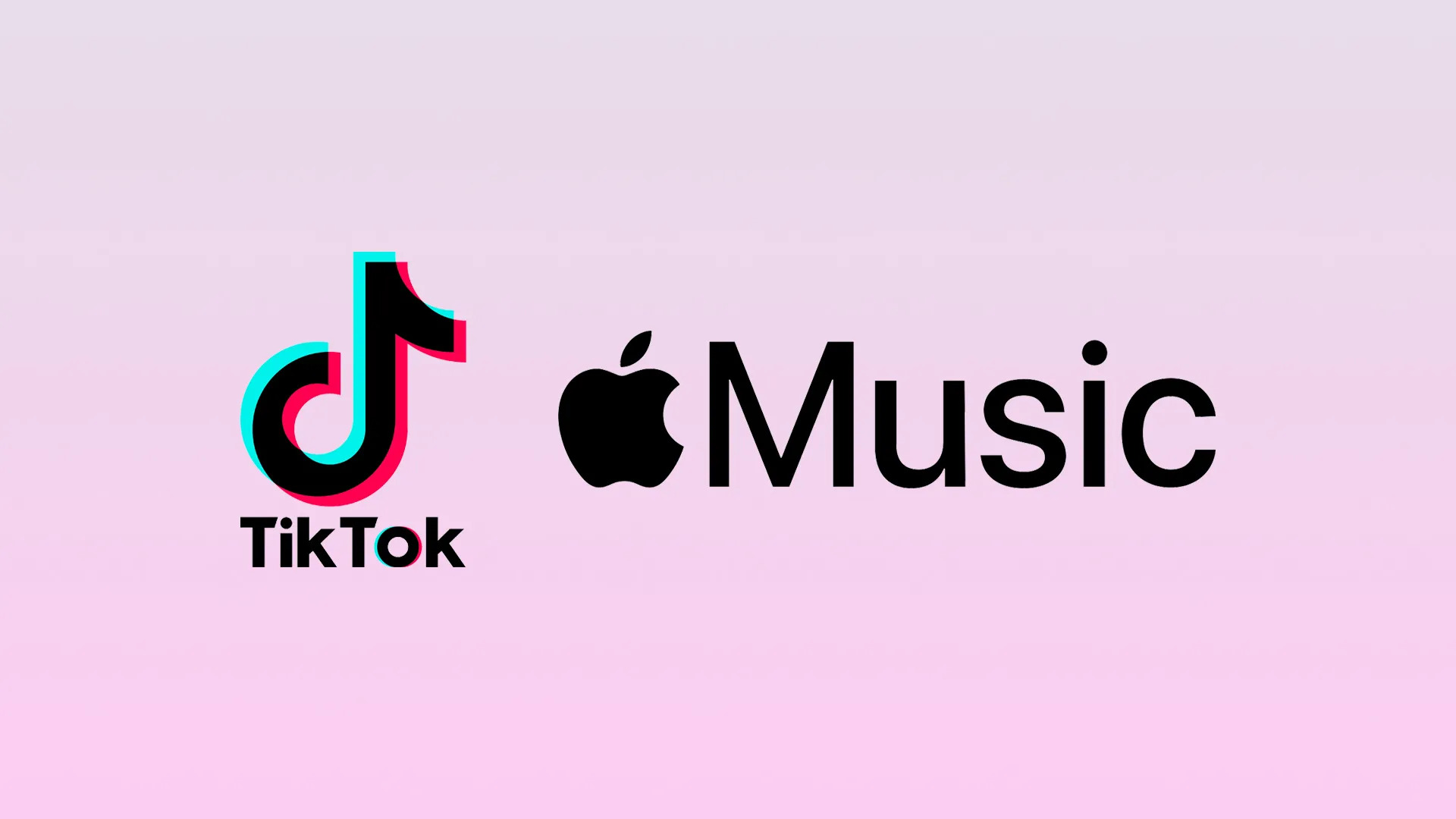Where the modern celebrity economy thrives on overexposure, reaction cycles, and real-time rebuttals, Jay-Z has built a blueprint around intentional silence.
In a hyper-digital world, silence is not absence. It’s strategy.
No tweets. No think pieces. No impulse interviews. Just power moves, calculated exits, and a watchful gaze.
“Sometimes the most powerful move is to say nothing at all.”
— Music Custodian

In the face of industry controversies, personal accusations, and even direct provocations from peers, Hov remains unbothered—and more importantly, unheard.
From Tory Lanez’s camp blaming him for legal woes, to Wayne dissing him on Tha Carter 6, to Super Bowl performance debates and even tabloid rumors, Jay-Z doesn’t respond. He delegates. He disappears. He ascends.
This is more than media shyness—it’s billionaire discipline. In an age where algorithms feed off drama and constant commentary, his refusal to engage signals a different kind of mastery. The kind that understands the real flex is not in defending your name—it’s in protecting your position. Silent leadership. Unapologetic preservation. Absolute control.


This isn’t passivity. It’s strategy. Jay-Z has mastered the high art of public restraint. He doesn’t feed the machine, doesn’t barter in likes or narratives. In a world addicted to reaction, his silence is his leverage. No interviews. No posts. No rebuttals. Just a high-yield life, a billion-dollar portfolio, and Beyoncé.

This level of composure in culture’s loudest arena is not just rare—it’s institutional. It’s the kind of power that doesn’t need to explain itself. And in 2025, maybe that’s the ultimate flex.

Even when his name appeared in verses, captions, or courtroom testimonies—he remained a ghost in plain sight.
Jay-Z has turned silence into capital. And that’s a form of artistry the culture should study more closely.




